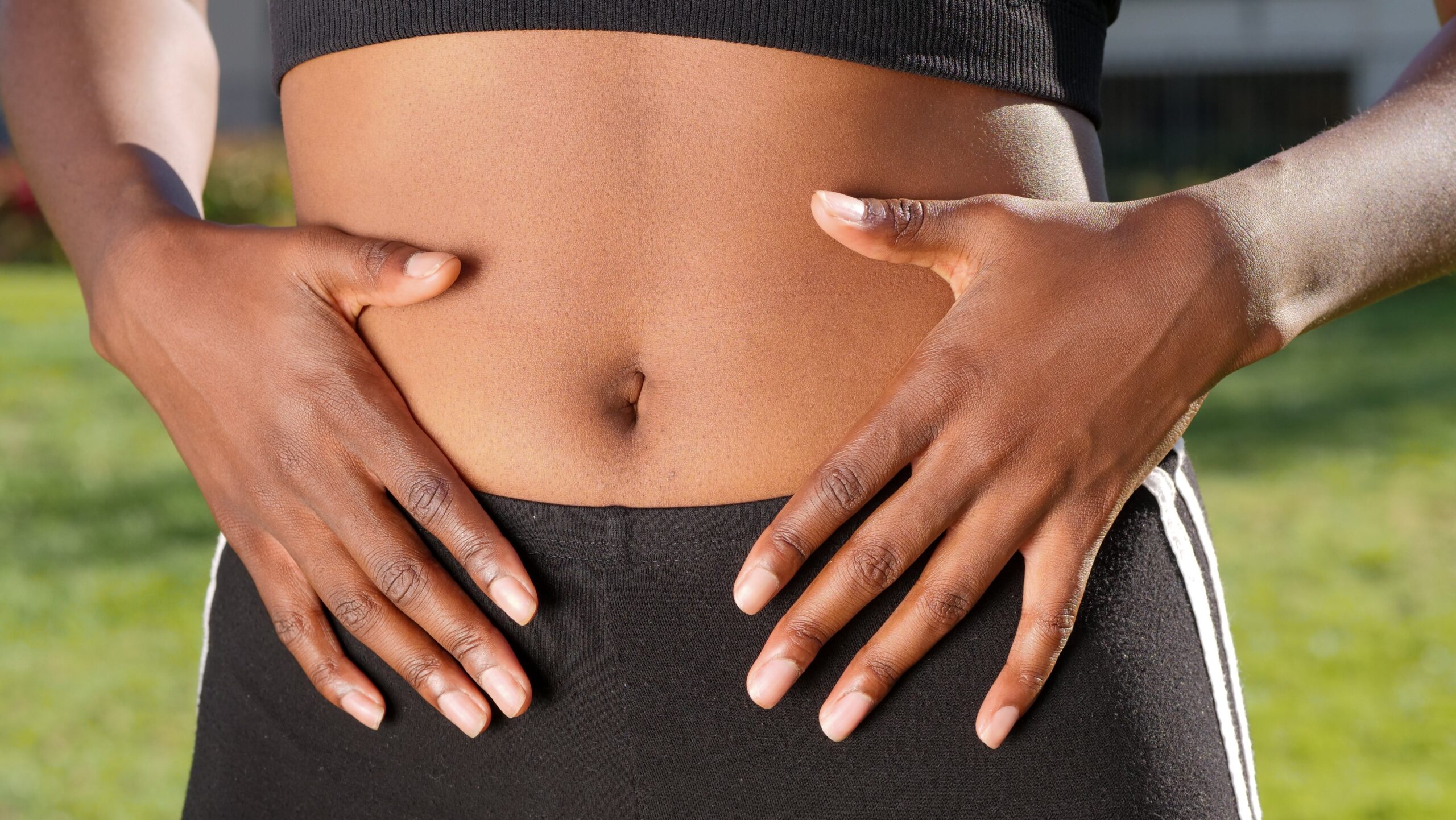
The subject of coffee and health has been a topic discussed forever in the media. Is it a healthy addition to your daily diet?
I have a love-hate relationship with coffee. I did not start drinking it until after I had my three children. I then became quite obsessed with my daily coffee intake. Then moving forward a few years and my diagnosis with IBS. UGH!! So, there is so much trial and error involved in finding your individual triggers when you have IBS. I have come to the conclusion that coffee is taxing my system right now and decided to do a trial 30 day detox from my daily coffee. The thought seems quite daunting but at the end of the 30 days I will reintroduce coffee into my morning regime and notice any reactions that my body may or may not have.
But you can decide for yourself if the benefits of coffee outweigh the cons for you as every body reacts differently.
I am here to provide both sides of the coffee saga for you.
Coffee contains over 1,000 different substances which can vary depending on processing, growing conditions and type of coffee. The beans consist mainly of carbohydrates, fats, proteins and water. In smaller amounts they contain acids, alkaloids (including caffeine), minerals and vitamins.
Reasons To Drink Coffee:
1. Coffee is a source of healthy antioxidants.
Modern disease is characterized by inflammation and oxidative damage. Antioxidants fight inflammation by neutralizing free radicals. Free radicals occur naturally in our daily metabolic functions but when we do not get enough antioxidants in our diet this can lead to oxidative stress and thus chronic disease. Chronic diseases that include arthritis, artherosclerosis and many cancers. Coffee contains polyphenols which have an antioxidant effect, as well.
2. Coffee enhances digestion and metabolism.
Caffeine increases the muscle action in the digestive system, which thus regulates the production of stomach acid- hydrochloric acid and regulates the function of the gallbladder. The gallbladder releases bile into the stomach to help emulsify (break down but not digest) fats in the diet.
Caffeine is mainly metabolized by the liver. Studies show that there is an inverse relationship between increased coffee consumption and decreased risk for liver cirrhosis.
Studies indicate it can increase energy levels and performance when taken in larger quantities.
3. Coffee may help protect against cognitive decline.
In a Finnish study, researchers found that drinking 3-5 cups of coffee a day was associated with a 65 percent decrease in the risk of Alzheimer’s and dementia. One conclusion that researchers are suggesting is that caffeine prevents the buildup of beta-amyloid plaque. Beta- amyloid plaque is the main contributing factor to the onset of Alzheimer’s.
4. Coffee may help reduce the risk of many cancers.
There are various studies on PubMed, my go to resource for accurate and comprehensive studies that show coffee can actually reduce the risk of many cancers. In one study, there was a lower risk of prostate cancer in men who drank coffee. One study showed a lowered risk of postmenopausal breast cancer in women who drank caffeinated coffee. A Japanese study revealed a reduced risk of liver cancer in people who drank caffeinated coffee on a regular basis.
5. Coffee is heart healthy.
Cardiovascular disease is the number one killer worldwide for both men and women. One study on PubMed found that women who drank more than 3 cups of coffee per day had 55% lower risk of death from cardiovascular disease and 25% lower risk of death from all causes. That is a pretty significant finding. There is evidence showing that coffee supports heart health by protecting against arterial damage caused by inflammation (refer to #1).
6. Coffee may be attributed to a reduced risk in Type 2 Diabetes.
A 2009 study showed that the risk for developing Type 2 diabetes dropped by 7% with a daily cup of coffee. It is believed that coffee aids in battling inflammation, a major risk factor in diabetes, as well as regulating the body’s use of insulin.
Caffeic acid found in coffee is helpful in reducing abnormal protein deposits known as amyloid fibrils. These have been found in people suffering from Type 2 Diabetes.
Reasons To Avoid Coffee:
1. Caffeine sensitivity.
Coffee in excess or even for those who are sensitive to caffeine can cause irritability, nervousness and anxiety. It can also impact sleep and result in insomnia. Since there is not a one size fits all approach, you have to be your own best advocate in noticing your body’s affects after drinking coffee. Caffeine sensitivity can vary from person to person, but it can also vary for the same person at different points in your life. Your sensitivity can also increase if there are major stressors in your life.
2. Caffeine and stress.
If you are under an immense amount of stress, coffee may actually exacerbate your feelings of fatigue and feeling broken down. Stress and chronic illness can affect your HPA axis (hypothalamic-pituitary-adrenal-axis). The HPA axis is a complex set of signals and relationships between the hypothalamus, pituitary and adrenals. So when you are confronted with a stressor (driving the kids in 10 different directions, a screaming baby in the car seat, managing sports schedules and extra curricular activities, managing work outside of the home and in the home etc..) the hypothalamus in the brain releases CRH, corticotrophin releasing hormone which signals the pituitary to release ACTH which then stimulates your adrenals to make cortisol, the flight or fight hormone. This continues until your body has reached the levels it needs and your stress is removed then there is a return to normal levels of cortisol. However, the consumption of coffee can tax your HPA axis even more if you are already dealing with a huge amount of stress and cause an excess level of cortisol to be released for a longer period of time. This is not a hormone that we want released all the time, only in times of stress.
3. Coffee and the extras we put in our coffee.
Well… what do you actually add to your coffee? Do you add sugar and maybe a few pumps of vanilla or peppermint syrup, drizzled with caramel? This will obviously not be as good for you than if you were to add almond milk or hemp milk, stevia or MCT oil, a medium chain triglyceride found in coconut and palm oil.
4. Coffee and myotoxins, fungi and mold.
If you are not aware of this coffee is actually the most chemically treated crop. The average acre of conventional coffee is sprayed with about 250 pounds of chemical fertilizers, such as endosulfan, diazinon, methyl parathion and triadimefon. These are toxic insecticides that I cannot even pronounce nor do I want to ingest. There are studies showing that during the roasting process of coffee these pesticides are significantly reduced. However, from a socially conscious standpoint let’s think of the people that work on the farms that are exposed to these chemicals on a daily basis. In addition, it may kill the insects and bores but it can also kill other wildlife in the area.
Conventional decaf is also processed with a number of chemicals and many of these are known to be carcinogenic.
Myotoxins are toxins that are produced by fungi and mold. Myotoxins include aflatoxin and ochratoxin. Aflatoxin is a serious liver toxin while ochratoxin has an impact on the kidneys, causes inflammation and has been shown to be carcinogenic. Similar to pesticides, roasting does diminish the myotoxins but not to the degree found in pesticides. Decaffeinated coffee tends to carry more myotoxins because it is the caffeine that actually inhibits the growth of the myotoxins.
So the question remains should you drink coffee or not?
I think it depends on the stressors in your life, your health status, your level of sleep and general lifestyle.
However, I would recommend purchasing organic, wet-pressed, fresh coffee to reduce your exposure to pesticides and molds. Look for this seal :
I, of course will keep you updated on my progress about my 30 day coffee detox.









